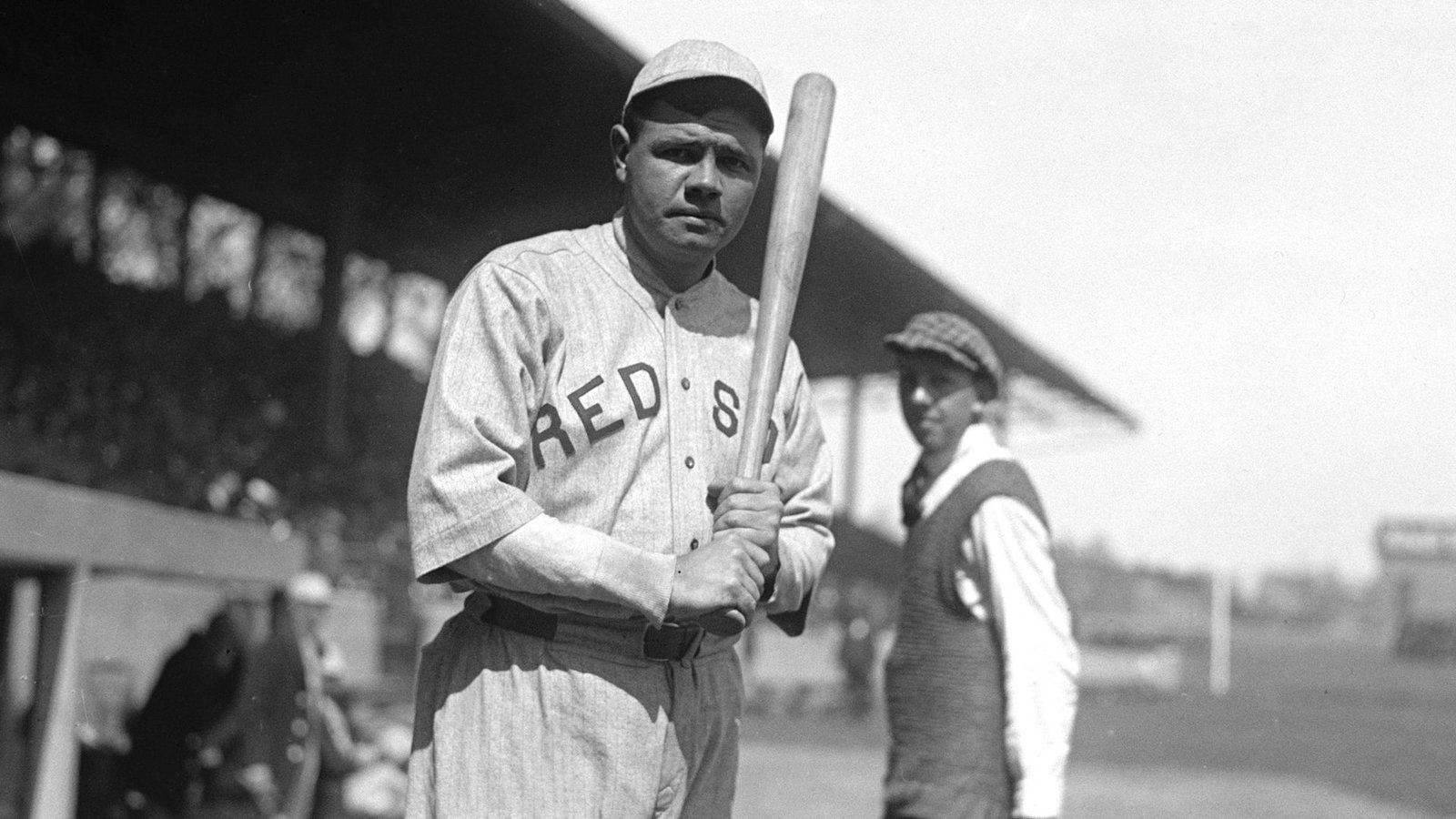Babe Ruth. The name evokes images of a larger-than-life figure, a colossus who redefined baseball with his prodigious power hitting. For decades, his status as the greatest hitter ever seemed unassailable. However, with the rise of advanced statistics and the sustained excellence of modern players, whispers of a dethronement have begun. Has another hitter truly surpassed the legendary “Sultan of Swat”?
The core of Babe Ruth claim to greatness lies in his sheer dominance. He revolutionized the game, turning it from a low-scoring affair into a spectacle of long balls. His 60 home runs in 1927 stood as a record for 34 years, a testament to his power in a far less homer-centric era. He holds numerous other records, including career on-base percentage (.474) and slugging percentage (.847). These numbers are staggering, even in the modern context.
However, the landscape of baseball has changed considerably since Babe Ruth era. Pitching strategies have evolved, favoring high velocity and movement over pure power. Pitchers are bigger, stronger, and throw harder than ever before. Offensive players, in turn, have become more disciplined at the plate, focusing on on-base percentage and launch angles.
This shift in approach has led to the rise of sabermetrics, advanced statistics that attempt to provide a more nuanced picture of a player’s value beyond traditional batting average and home runs. These statistics often paint a different picture of “greatness.”
Several modern players have challenged Babe Ruth legacy with their own impressive resumes. Barry Bonds, for instance, holds the all-time home run record (762) and boasts a career on-base percentage a hair behind Ruth’s (.444). Mike Trout, still in his prime, possesses an unmatched combination of power, on-base skills, and baserunning prowess, boasting a career on-base plus slugging percentage (OPS) exceeding 1.000.
Then there’s the argument of integration. Players like Josh Gibson, a Negro Leagues legend, were denied the opportunity to play in Major League Baseball during their prime, leaving their true potential a mystery. Some believe Gibson’s dominance in the segregated leagues suggests he could have surpassed Babe Ruth statistically.
So, who reigns supreme? The answer is complicated and depends heavily on what criteria you value most.
Here’s a breakdown of the arguments for and against Babe Ruth:
For Babe Ruth:
- Dominance in his Era: Babe Ruth statistics were staggering compared to his contemporaries. His impact transcended the field, drawing fans and popularizing the game.
- Versatility: While known for his home runs, Babe Ruth was also a great baserunner and on-base threat.
- Postseason Performance: He delivered in the biggest moments, earning the nickname “Mr. October” for his clutch hitting in World Series.
Against Babe Ruth:
- Era Effects: Playing in a “Dead Ball Era” with inferior pitching inflates his offensive statistics.
- Limited Statistical Analysis: Sabermetrics offer a more complete picture of a player’s value that wasn’t available in Babe Ruth time.
- No Integration: He never had to face the best Black players of his generation.
Ultimately, the debate is subjective. There’s no definitive answer. Babe Babe Ruth remains a historical icon, a pioneer who changed the game. Modern players like Bonds, Trout, and potentially others yet to come, push the boundaries of hitting excellence.
Perhaps the most valuable takeaway is this: the evolution of baseball has led to different types of offensive greatness. We can appreciate Babe Ruth dominance in his era while marveling at the refined skills of modern hitters. Both groups have contributed to the rich tapestry of baseball history.
The Future of the Debate:
This discussion will undoubtedly continue as long as baseball is played. As the game evolves further, new metrics and statistical analyses might shed fresh light on the “greatest hitter” question. Future superstars could emerge, rewriting the record books and challenging the legacy of both Babe Ruth and the current generation.
One thing is certain: the pursuit of offensive excellence continues to be a driving force in America’s pastime. And that’s a home run for baseball fans everywhere.
Conclusion
The debate surrounding Babe Ruth status as the greatest hitter hinges on perspective. While his raw power and dominance remain unmatched in his era, modern players boast impressive resumes supported by advanced statistics. Integration adds another layer of complexity, highlighting the lost potential of greats like Josh Gibson.

